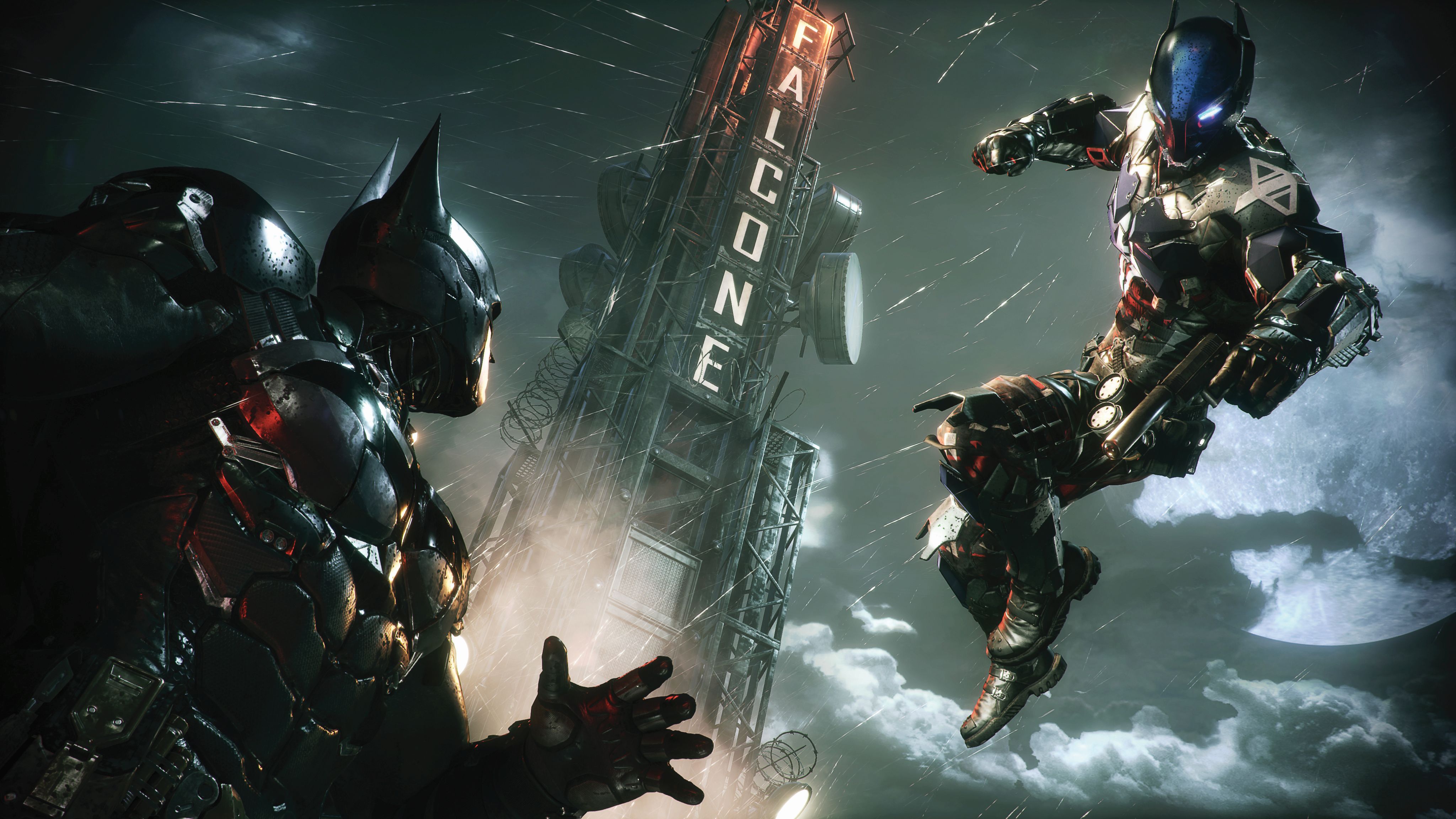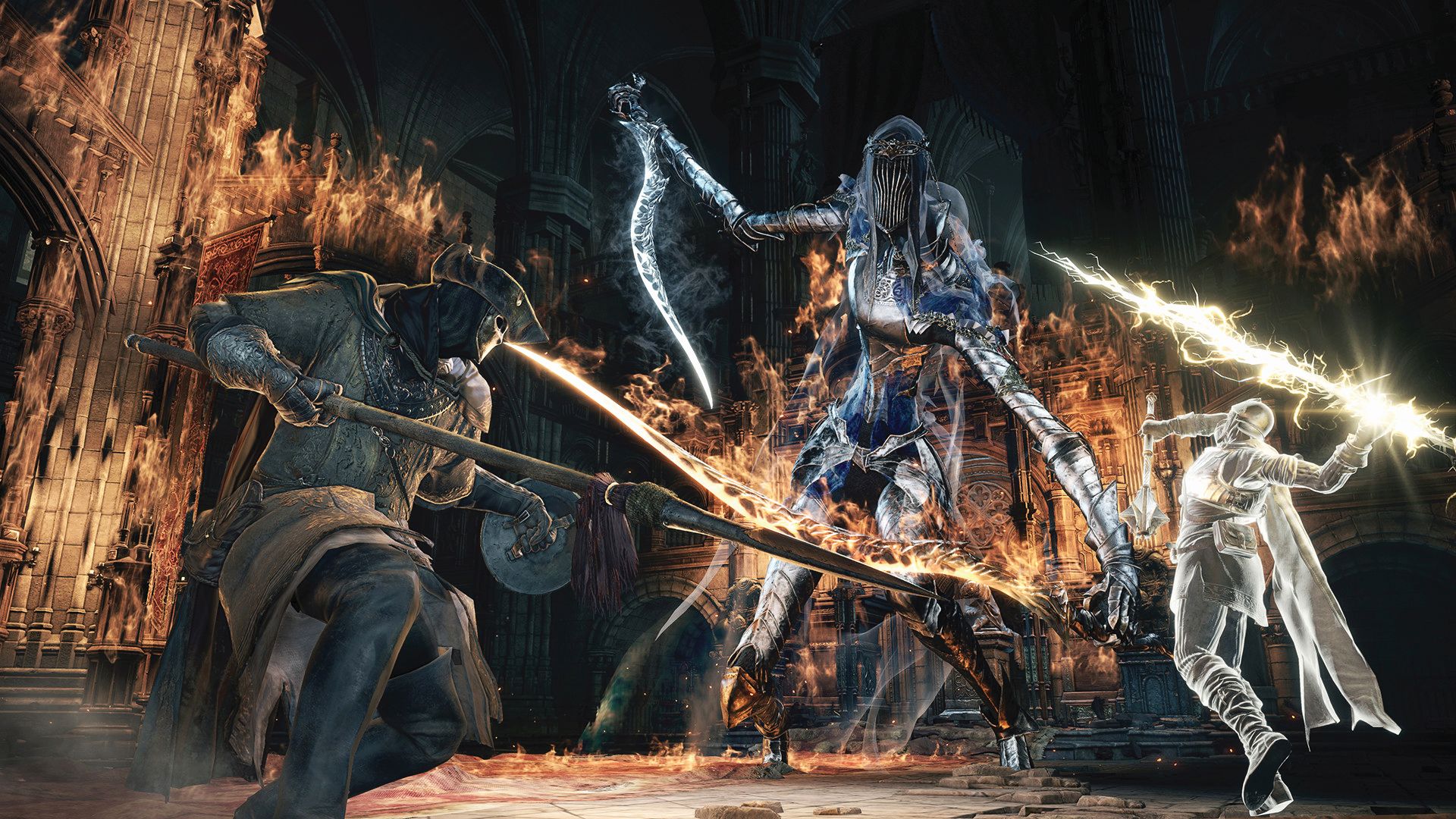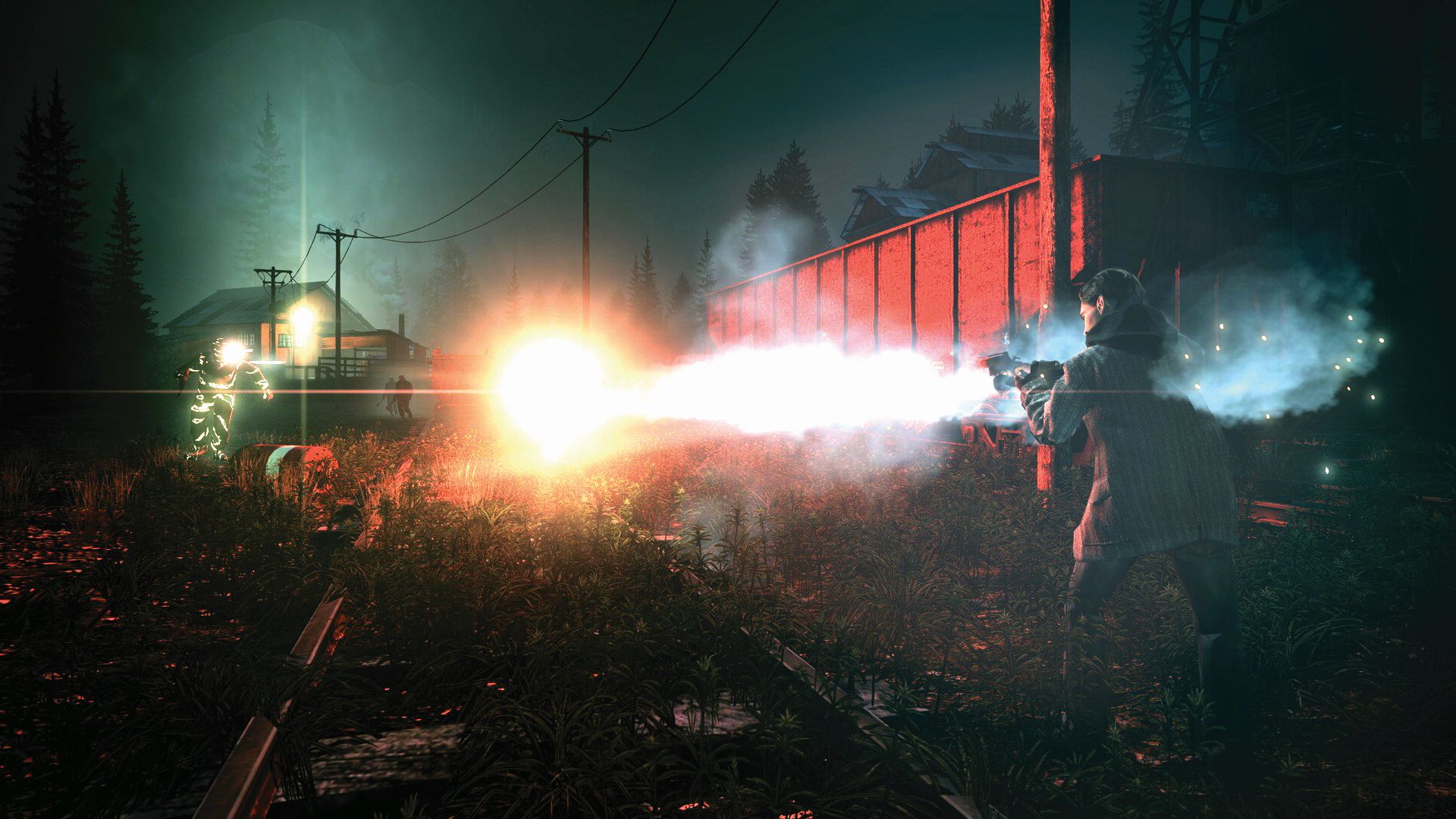Why porting games to PC is hard
Porting pitfalls are sometimes tough to avoid.

Porting games is a difficult task for devs, even if they’re porting to the same platform they make their games on: the PC. As Disparity Games cofounder Jason Stark points out, “gamers ask, ‘Why can’t they just release the version they develop with?’ Then, when developers do just release [that] and it’s a buggy mess, they ask: ‘Why are developers so lazy?’ Well,” says Stark. “It’s because they released what they had.”
Think about how many components that make up your setup. Each runs on drivers that may or may not be up to date and interact with one another in complex ways. Throw a game that hasn’t had much troubleshooting into this soup of software and hardware and it’s no wonder tweaking game settings is a foundation of PC gaming. In this context, the difference between a ‘good’ and ‘bad’ PC release can come down to how much time and money you can throw at your title. “Bringing a game to consoles is difficult,” Stark says. “But at least you know that a bug that happens on your Xbox One is going to happen on every Xbox One.”
When you port your game, you’re essentially creating a unique version of it. This means every platform a developer decides to launch on effectively multiplies their present and future workload. When you launch on multiple platforms, your ability to react to suggestions or complaints slows. You have to test updates and patches on every platform you support before release. You’re constantly ensuring something you did to improve one version doesn’t break another. And, after all that, you still need to go through the arcane series of checks and balances console manufacturers require.

Creating a PC port of a game from a previous console generation also has its problems. A title that previously ran at 30fps can’t magically run at 60fps. Games half a decade old or more won’t suddenly look refreshed at 4K resolutions. In fact, the logic underlying a game may have to be bent in order to accommodate higher framerates. In Vanquish, this resulted in an bug that caused 60fps players to take twice the damage of those capped at 30fps. And a bug causing weapons to degrade twice as quickly in the 60fps PC port for Dark Souls II took a full year to fix. Full-scale emulation, a meticulous rebuild of the game in a new engine, or entirely revamping portions of the visuals could be necessary, as with the recent PC release of Ty the Tasmanian Tiger. And in the case of games like Icewind Dale II, the source code is lost, meaning it’s impossible to rebuild the game for an ‘enhanced’ release.
The ease of porting a game can be affected by a multitude of factors. No matter what complexities you encounter during this process, you’re also under pressure to make sure that the effects look functionally similar. However, it’s difficult finding people willing to speak on record about the details of these factors, what makes certain platforms difficult to develop for, or what role engines play. There are legal reasons for this, but, as Jason Stark puts it, “You don’t hear negative things about porting, because it’s not in a developer’s interest to antagonise platform holders. You don’t get featured by Unity by complaining about them.”

Aside from these difficulties, there’s another fundamental reality of development if you want to live off of your work: selling your game. According to Nicole Stark of Disparity Games, each port you create involves a new piece of outreach. New YouTubers to contact, new communities to manage, and new art and descriptions to match the platform. As Image & Form Games CEO Brjann Sigurgeirsson tells me, “It’s harder to release games for many platforms at the same time.” His studio has 20 people dedicated to development, just three of which handle the publishing, marketing and sales of its games. For smaller teams, many of which have to handle several responsibilities alongside development, you can imagine the strain these duties can take.
However, by tying the move of Armello out of Early Access to a console release, League of Geeks director Trent Kusters found, “It changed our launch from ‘Hey, Armello is coming out of Early Access,’ to ‘Hey, Armello is launching on this day.’” Developers face an audience frustrated by cash grabs, expecting ever-increasing efforts in search for the ‘ideal’ port. Despite these obstacles, many are still deciding to tackle the many challenges porting poses and provide their players the best experience possible. When you see a decade-old console game topping the Steam charts, it’s a sign. It shows that players can appreciate the end results of a good port, and they’re willing to pay for it.
Keep up to date with the most important stories and the best deals, as picked by the PC Gamer team.

